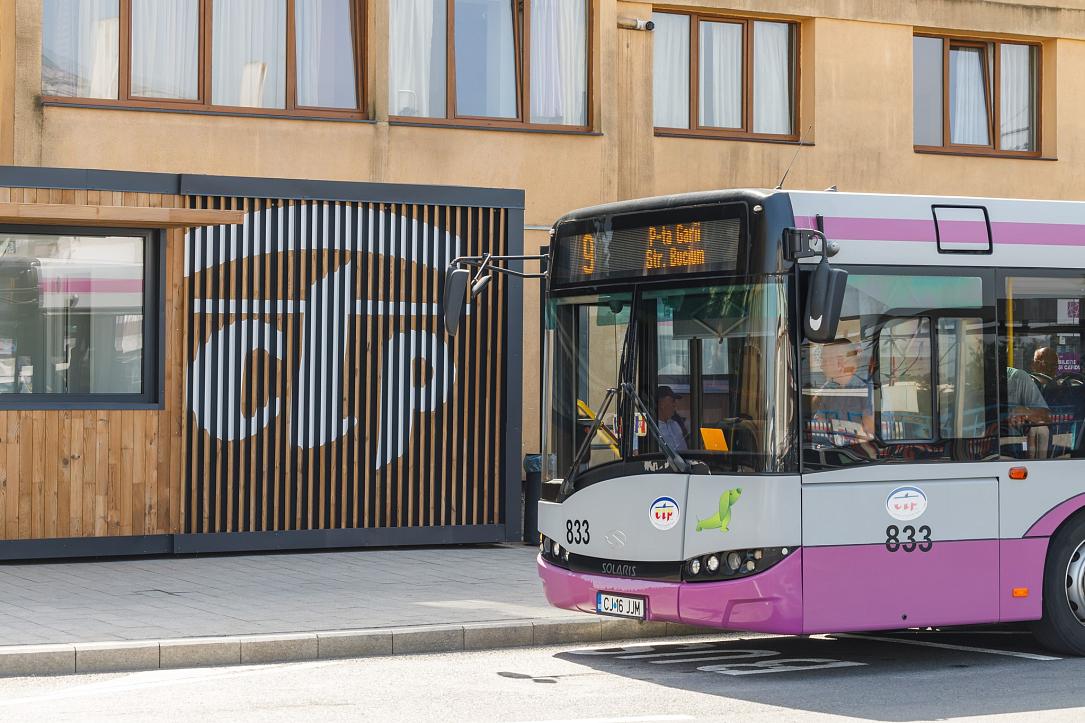Cluj-Napoca has the most expensive urban public transport in Romania, new statistics say



For every Romanian leu (RON) spent on Cluj-Napoca’s urban public transport company CTP’s vending machine, passengers can only travel for 10 minutes, says a new analysis published by Mobilitate Cluj Napoca, quoted by Stiridecluj.ro. In comparison, for the same price in Romania’s capital Bucharest, ticket holders can travel for 30 minutes, and 40 minutes in Iași.
While the Cluj local government-owned company offers tickets based on a local trip in a single vehicle, it also offers tickets by time via SMS and the 24pay application (RON 3 for 30 minutes and RON 6 for 60 minutes).
Inflation likely contributes to the rising price of urban transport in Cluj-Napoca. Before the new regulation kicked off, a single trip ticket would cost RON 2.5, and failure to present a valid ticket/subscription would result in a RON 50 fine, whereas it costs RON 70 now.
Timișoara in western Romania comes in second with an average of 15 minutes per RON 1 (tickets cost RON 4 for 60 minutes). In tourist cities like Sibiu and Brașov, passengers can approximatively travel for 20 minutes for each leu spent (tickets cost RON 3 for 60 minutes and RON 2.5 for 50 minutes, respectively).
“A simple and intuitive tariff grid can contribute decisively to the attractiveness of public transport, advantageous offers for occasional users and, above all, for loyal ones, attracting new systematic travelers,” the analysis reads.
Cluj-Napoca is also leading the list of the most expensive public travel subscription. Not only does it not offer an annual subscription plan, but it also has the most expensive value with RON 177/month. In Bucharest, it only costs RON 80 and includes the metropolitan area, and in Timișoara and Iași, customers must pay RON 130 and RON 120, respectively.
However, Cluj’s CTP is the only company in the whole country to generously offer free public transport every Friday through its “Green Friday” initiative and give out free bus subscriptions for university students, both local and international, under the Romanian government scholarship, although it still does not compensate for the expensive travel tickets per unit of time or subscription.
(Photo source: CTP/Facebook)